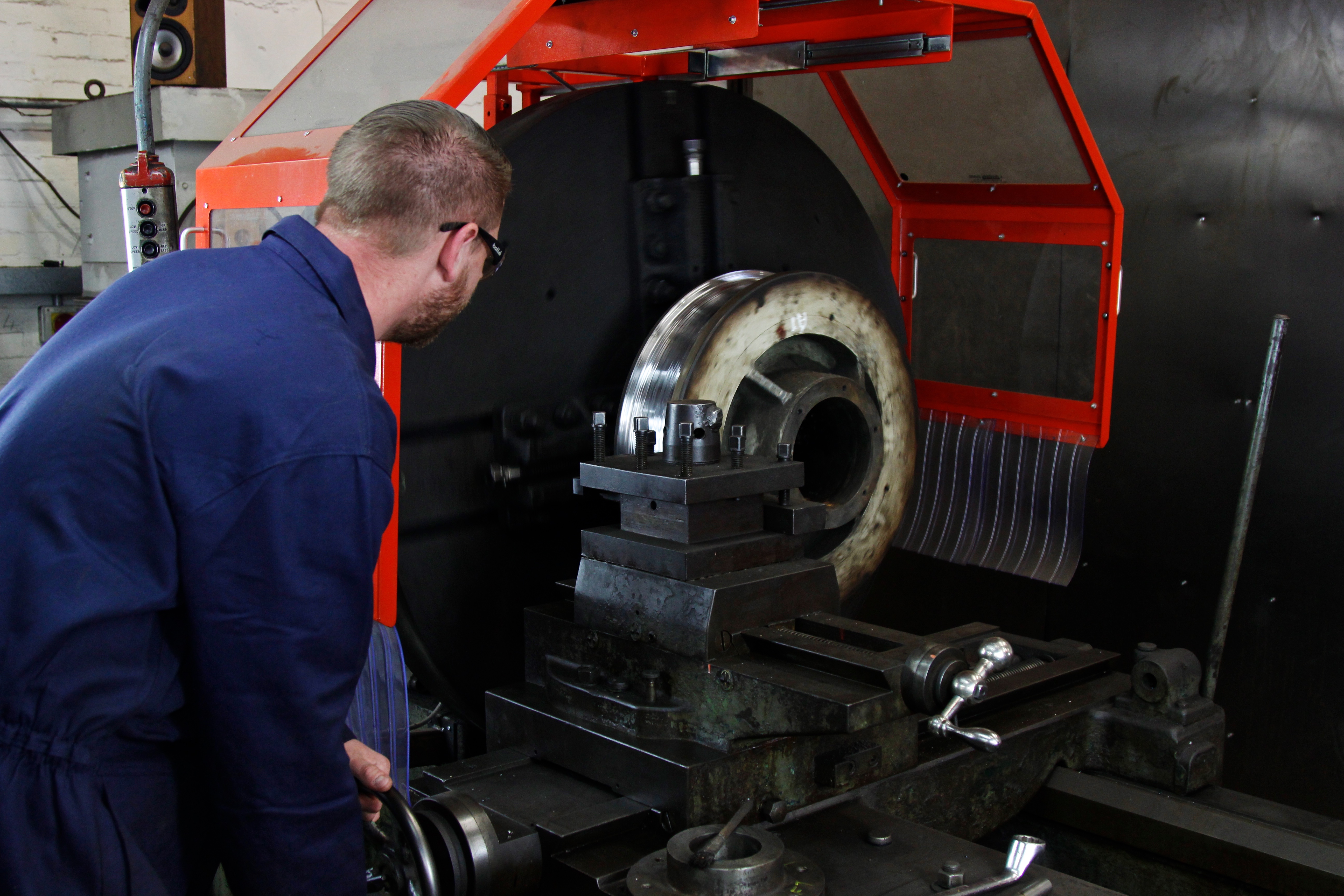The Role of Horizontal Boring Machines in London's Infrastructure
London, a city renowned for its rich history and dynamic growth, continually faces the challenge of modernizing its infrastructure without disrupting its everyday hustle and bustle. In this context, horizontal boring machines (HBMs) play a pivotal role, ensuring the seamless integration of new developments with the city's intricate underground network.
What are Horizontal Boring Machines?
Horizontal boring machines, often referred to as tunnel boring machines (TBMs) when used for large-scale projects, are specialized equipment designed to excavate underground spaces with precision. These machines are essential for creating tunnels for various utilities, such as water, sewage, electricity, and transportation systems. By boring horizontally through the earth, they minimize surface disruption, a crucial factor in a densely populated and historically significant city like London.
The Importance of HBMs in Urban Development
-
Minimizing Disruption: One of the primary benefits of HBMs is their ability to carry out extensive underground work with minimal surface disruption. This is particularly important in London, where road closures and construction noise can significantly impact daily life. HBMs allow for the installation of new infrastructure beneath streets and buildings without causing major interruptions to traffic or business operations.
-
Preserving Historical Sites: London's history is reflected in its architecture and underground relics. Traditional excavation methods could potentially damage these valuable historical assets. HBMs, however, provide a non-invasive solution, carefully navigating around or beneath these structures. This technology ensures that London's heritage remains intact while allowing for modern advancements.
-
Efficiency and Precision: The precision of HBMs is unmatched. These machines can bore tunnels with exact specifications, which is crucial for projects requiring high accuracy. Whether it's laying new sewer lines or creating tunnels for new transportation routes, HBMs ensure that projects are completed efficiently and safely.
Key Projects Utilizing HBMs in London
-
Crossrail Project: Perhaps one of the most significant recent examples of HBM use in London is the Crossrail project. This extensive railway project, now known as the Elizabeth Line, involved the creation of 42 kilometres of new tunnels under London. HBMs were instrumental in this endeavour, enabling the construction of new rail routes while keeping disruption to the surface to a minimum.
-
Thames Tideway Tunnel: Another critical infrastructure project is the Thames Tideway Tunnel, a major new sewer that aims to reduce pollution in the River Thames. HBMs are used to construct this "super sewer," which runs 25 kilometres long and up to 66 meters below the river. This project exemplifies how HBMs can address environmental challenges by upgrading essential infrastructure.
-
Northern Line Extension: Extending the Northern Line to Battersea involved the use of HBMs to dig 3.2 kilometres of twin tunnels. This project not only improved connectivity in South London but also demonstrated how HBMs can effectively support urban expansion without significant surface disruption.
Future Prospects
As London continues to grow and evolve, the role of HBMs will become increasingly vital. With ongoing advancements in technology, these machines are becoming more efficient, environmentally friendly, and capable of handling even more complex projects. The future of London's infrastructure development lies beneath its surface, where HBMs will continue to carve out new possibilities.
Conclusion
Horizontal boring machines are more than just engineering marvels; they are essential tools in the ongoing development of London's infrastructure. By minimizing disruption, preserving historical sites, and ensuring precision, HBMs enable the city to progress while maintaining its unique character. As we look to the future, the role of these machines will undoubtedly expand, helping to shape a modern, efficient, and resilient London. For specialist advice and a no-obligation quotation, call IME on 02085996570 or email sales@imegroup.co.uk.

